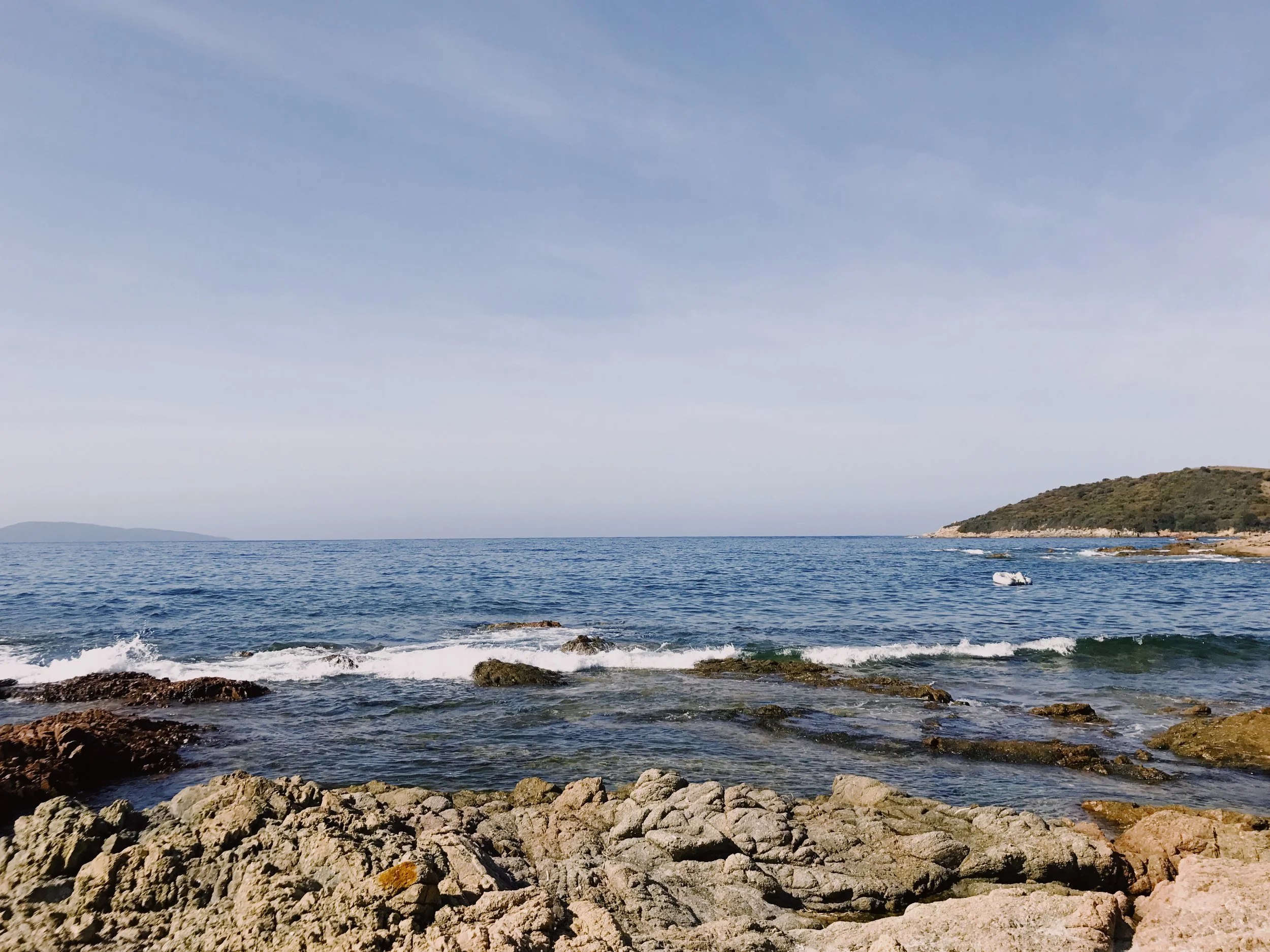As we are now deeply into summer, swimming in rivers, seas, oceans or ponds is a big part of our summer experience. We may think that it's just taking time off from work that makes us feel so refreshed, but consider that the act of soaking in water deeply purifies our psyches and makes us feel renewed, reborn.
Today’s Western cultures have lost most of the traditions and rituals that involve water: natural springs, thermal spas, baptisms, once common practices, are no longer part of our daily lives.
In Ancient Greece, people used to bathe in the sea as a purification ritual. In Ancient Egypt, water has both a revivifying and a purifying role: for example, during the embalming process, the corpse was given frequent ritual washings to purify it from the contamination of death and to revivify it. There are numerous references in the Old Testament to ritual purification with water. In Exodus, for example, priests were instructed to wash their hands and feet before approaching the altar. Today, water is still sprinkled by Catholic priests on mass goers as a defense against evil forces.
However, contrary to the West, Eastern cultures still view water as a benefit to their health and spiritual practices. Water rituals are still very present in Eastern cultures: steam rooms, Japanese baths, Korean spas, are very widespread and affordable in those countries, an equivalent to our frequent trips to the gym. But while Westerners “sweat it out” from a dry state, Easterners value sweating with the help of water. As an example, traditional Korean bathhouses are an essential part of contemporary Korean culture. These “jjimjilbang” are where grandmas and young couples come to unwind, hang out and engage in a whole host of health and beauty rituals.
Feng Shui (Shui means water/ Feng meaning wind) is very much a discipline that recognizes the importance of water in our lives. Ancient Feng Shui was a practice that involved finding the best location of land for monarchs and noblemen to build their houses: a house by the foot of the mountain with two streams of water on each side running toward the sea/ a pond was considered an ideal house, in “the belly of the dragon”. On the contrary, a house that sat on a well or on stagnant water was considered to have bad Feng Shui. Translated to present day, living on a boat full time is considered to be dangerous to physical and mental health.
Doesn’t it make sense? While we benefit from the temporary blessing and purification of clear water, we do not want to “soak” in water too long. We need to feel solid and dry and then soak and then dry again: so do terrestrial animals and plants.
So how can water help or hinder our lives today according to Feng Shui?
Educating ourselves on the nature of water and all its effects is essential to our Feng Shui practice.
Artificial ponds and man-made water features will improve our luck and sense of peace if used correctly but (of course), nothing approaches the benefits of natural water sources. Spending time near the sea, ocean or a stream is essential for purification, increased opportunities and clarity of mind.
However, if you feel “stuck” in your career, you may benefit from adding a water feature in your Career Gua. In order to bring more luck and opportunities, attract love, or more mentors in your life, or more wealth you could also add water in the corresponding Guas. When we are too stubborn or not self-reflexive enough, we need to add water in the Self-Knowledge and Cultivation Gua.
On the contrary, when we feel indecisive or depressed, water needs to be avoided. Similarly, if you are already in a long-term relationship, water in the love corner can invite tensions or even a third party into the relationship. We therefore do not recommend water and its representations in the love corner or in the bedroom (mirrors represent the water element). The health and center is also best without too much water, unless your health condition warrants the use of water in the center (your acupuncturist can tell you if your body is too “damp”).
In order to calculate your bagua map correctly, please refer to my blog post: http://www.fengshuiwithme.com/blog/2017/1/6/how-to-understand-your-bagua-map
So try to use this time to be in water, and respect our oceans, seas and rivers, which are currently in danger. Please remember that we depend on all of our water bodies for our spiritual needs and well-being, not just for our consumption.
Water is and will be the biggest challenge of the Twenty-first century.
Happy and respectful soaks all around!
Marianne


